#From my old job
Explore tagged Tumblr posts
Text


Taking the DIES key to the OMEN room
61K notes
·
View notes
Text
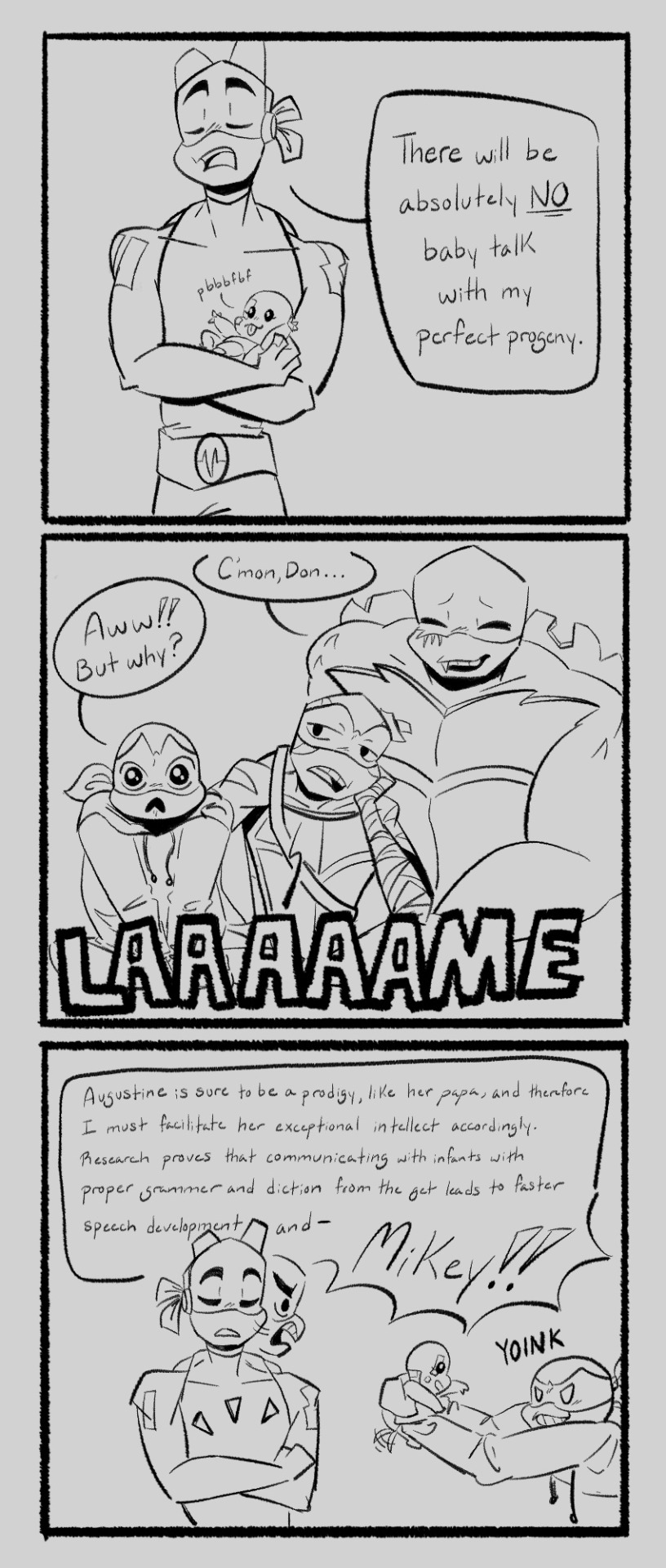
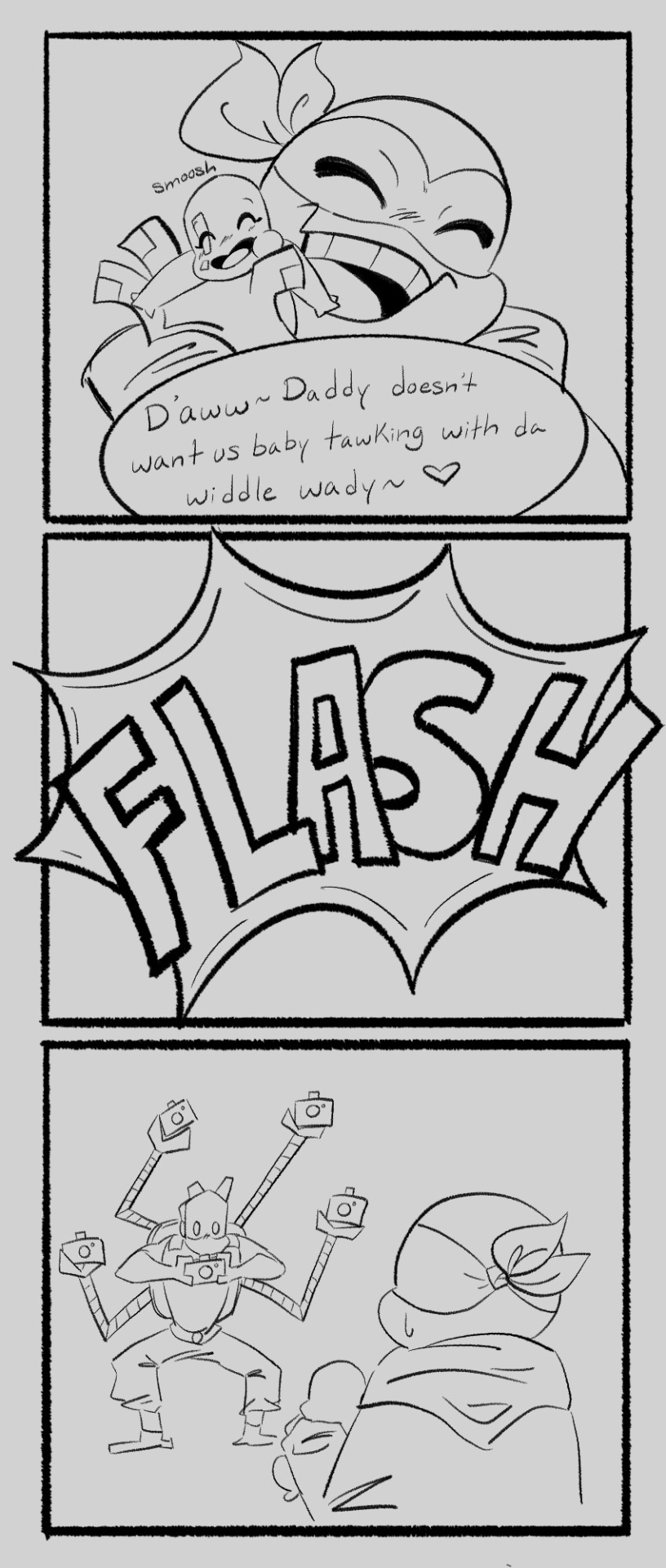
@star-sparkler I humbly offer this comic of August, she is light itself and perfect in every way
#rottmnt#not my oc#this took longer than it should have#but augie took over my brain#based off of real conversations with parents from my old nanny job#the ending was originally gonna be more wholesome#but then memes#you can actually see where I started losing steam but I wanted this finished tonight damnit#tmnt#riggsink
2K notes
·
View notes
Text
the most difficult thing about growing as a person socially, as in getting out of your shell and noticing that you are, is that there will still be times when it doesn’t feel like you’ve grown at all! times when you can’t really connect with anyone around you, times when you fail to enter into an existing conversation, times when you say the wrong thing (or nothing at all when in hindsight you probably should’ve). but that’s also kind of the best thing, because that’s the thing that helps you realize that sometimes, it’s not you or your lack of skills or any shortcoming. sometimes certain environments just aren’t for you and certain people aren’t your people, and that’s okay. that’s human. it’s okay to not feel the progress you have made all the time.
#and that goes for every type of growth#backstory of this post:#after I came back after a few months of doing my international internship I felt so much more confident#it was easier making friends and walking up to people#i took more chances#and generally just heard it a lot from those around me who kept telling me how much i’d changed#this was further supported by my first office job that went pretty well#but then came my grad internship. and while i love the work and have met some great people I noticed it was difficult again#there was one office lunch where no one spoke to me at all! it was my first week and I didn’t know what to say#if i should even say anything#we were all sitting at the same table#not one person even glanced my way#it made me doubt myself; i was doing so well before#was that even real? why can’t I just speak up? this is not the way to connect with people#especially in my first week!#but you know what#i was still doing well. i just had to factor in the fact that these were all middle aged people talking about reality shows i didn’t watch#and bikes i knew nothing about#as well as people who knew i was the new intern yet didn’t speak to me at all even though I’d introduced myself to them all individually#and even so#people I couldn’t really talk to about MY interests outside of work either#my point being:#it’s okay to not feel a connection with everyone you meet#it’s okay to fall back into old habits even though you’ve developed new ones#it will never unravel the process you’ve made and the connections you’ve built#you’re doing fine#after this internship I will surround myself with people who reaffirm that belief#growth in the self#self love#positivity
907 notes
·
View notes
Text
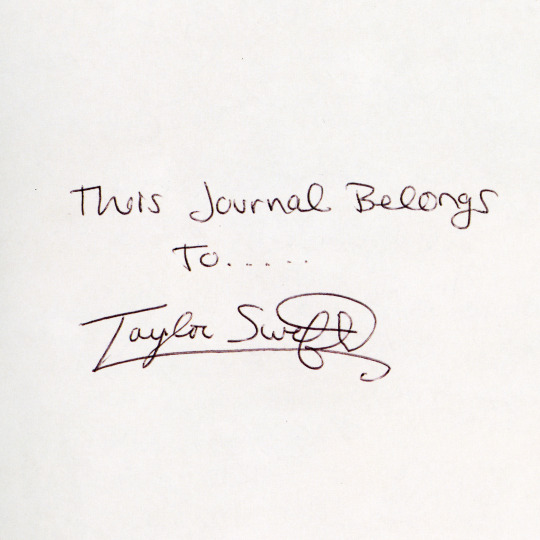
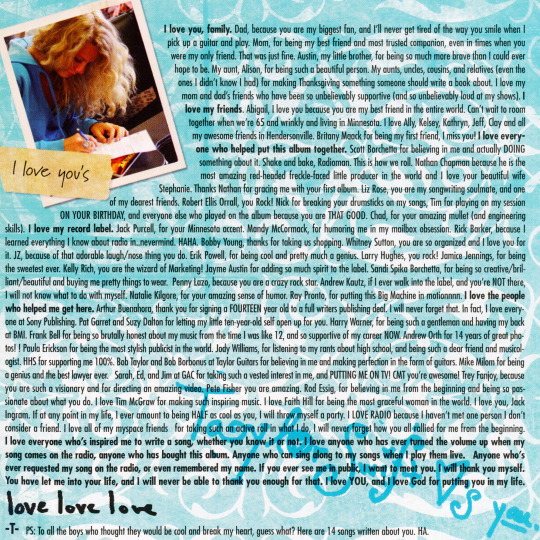
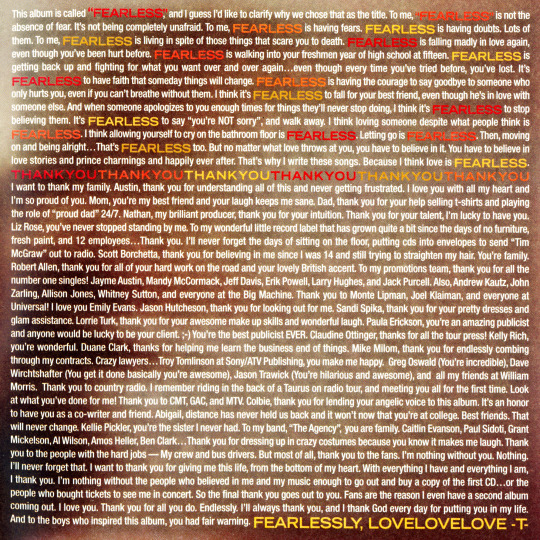
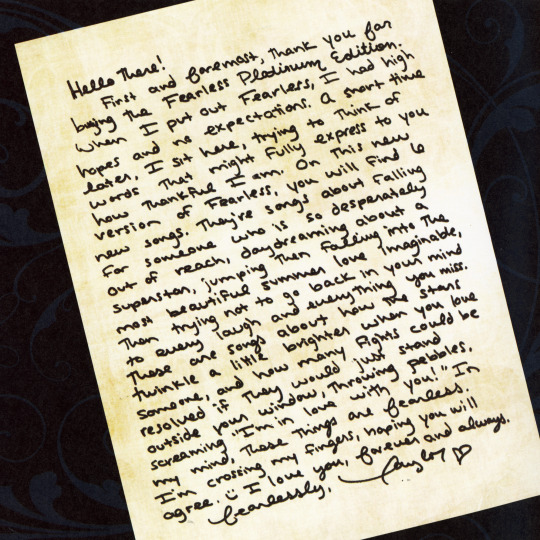
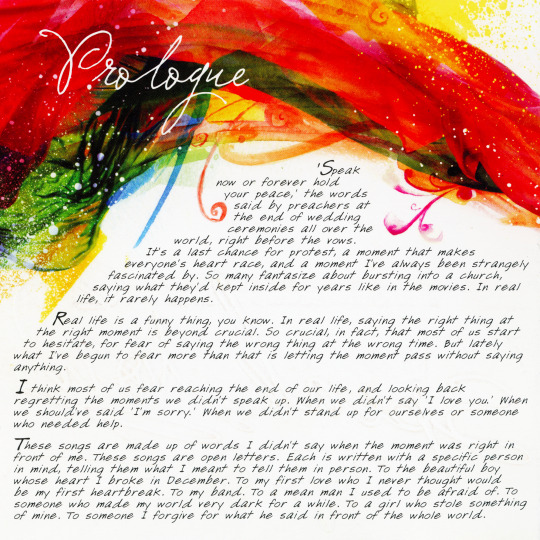
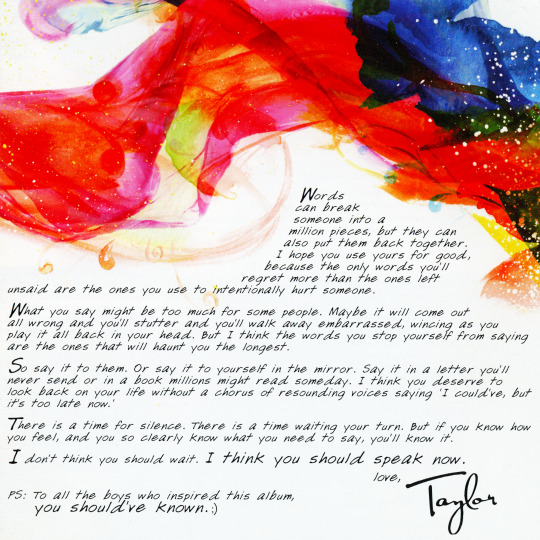
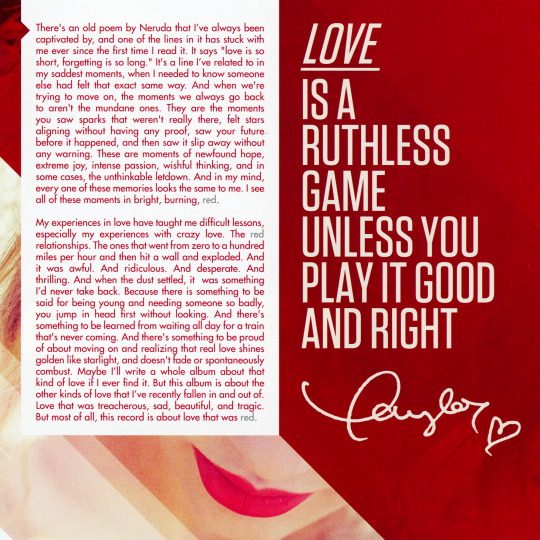
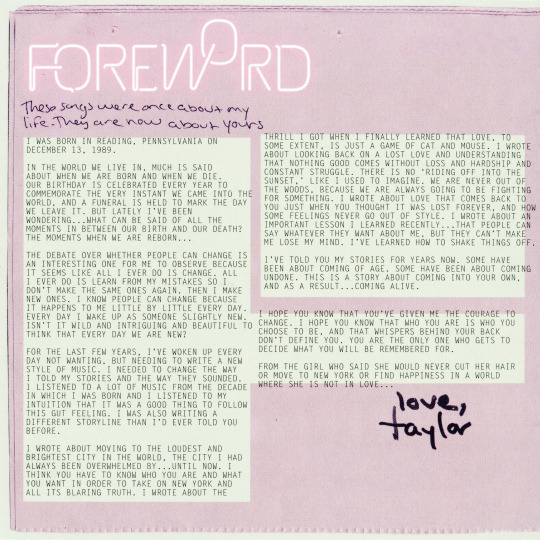
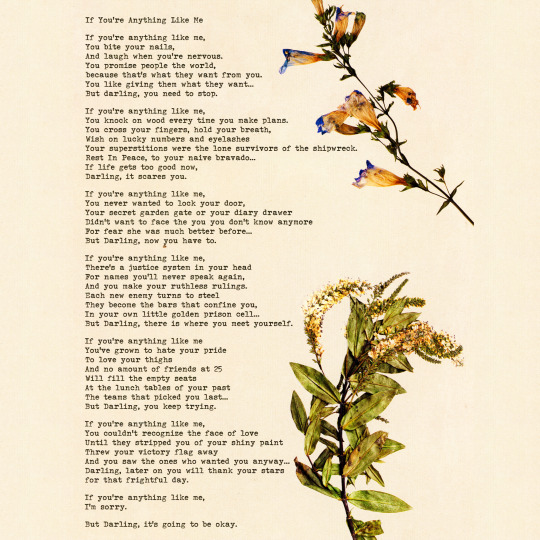
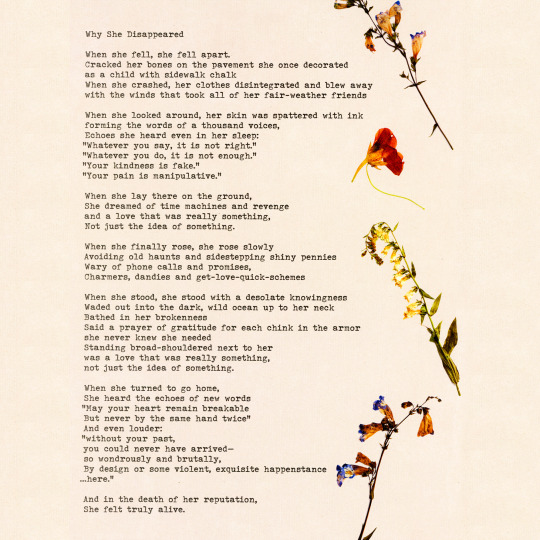
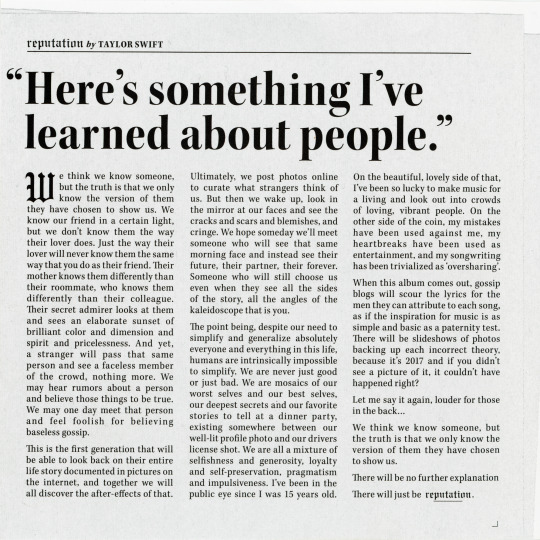
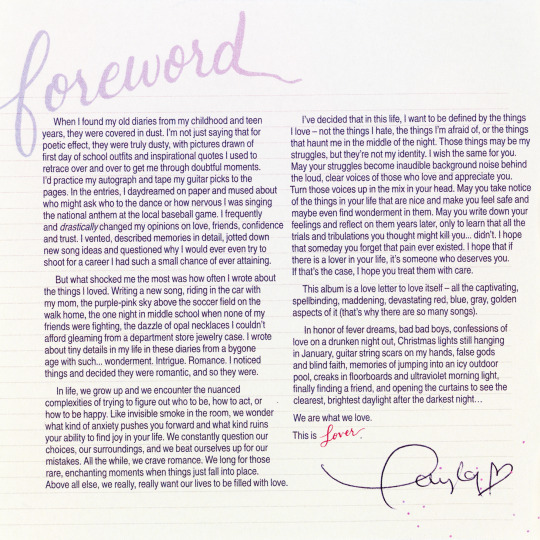
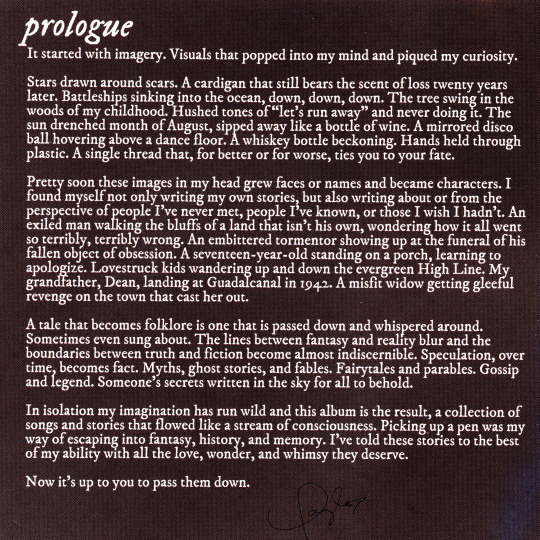
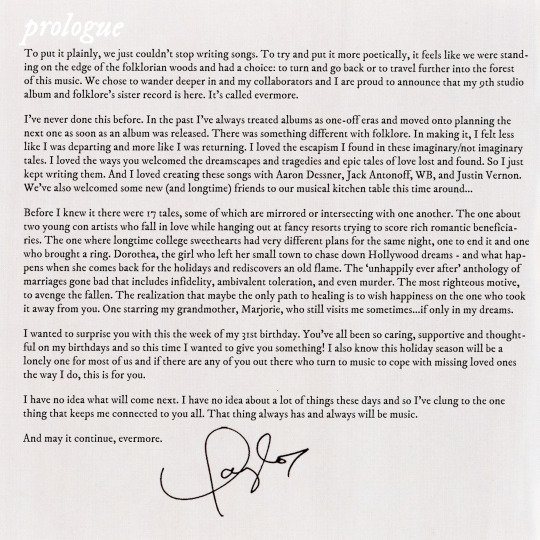
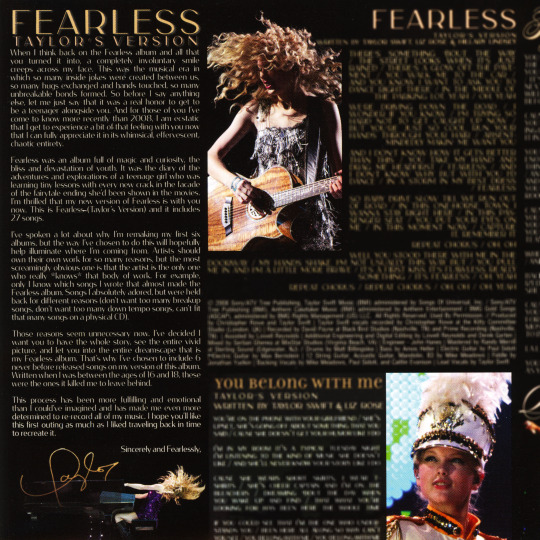
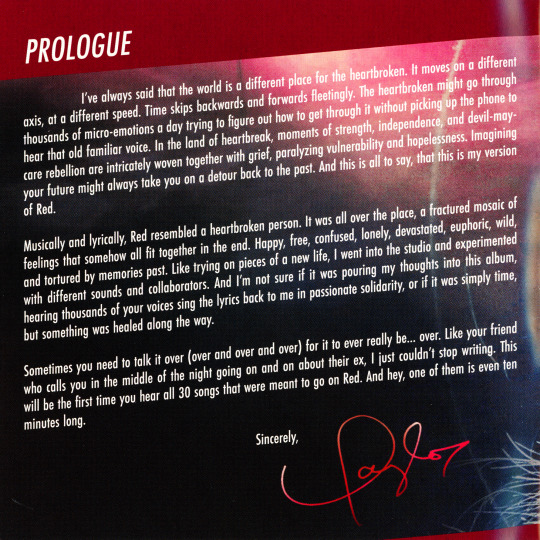
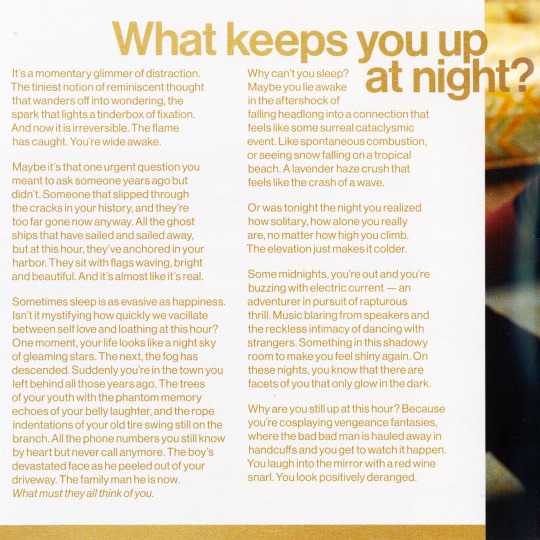
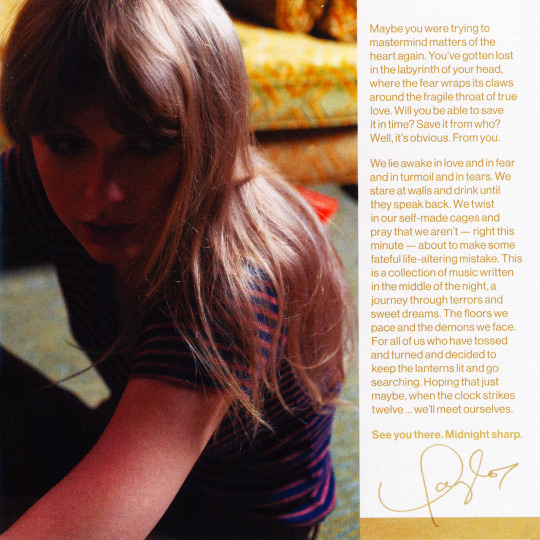
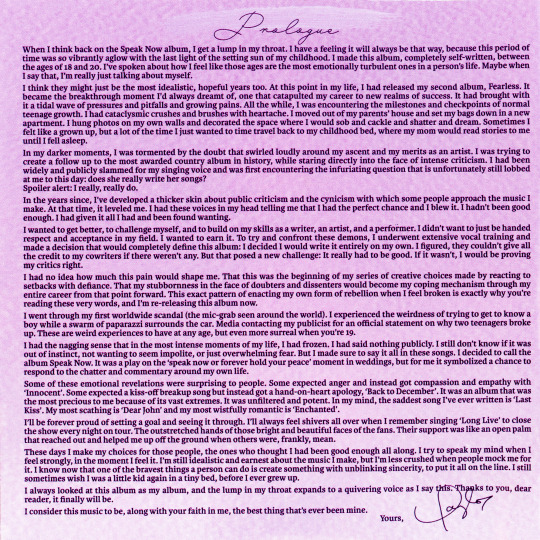

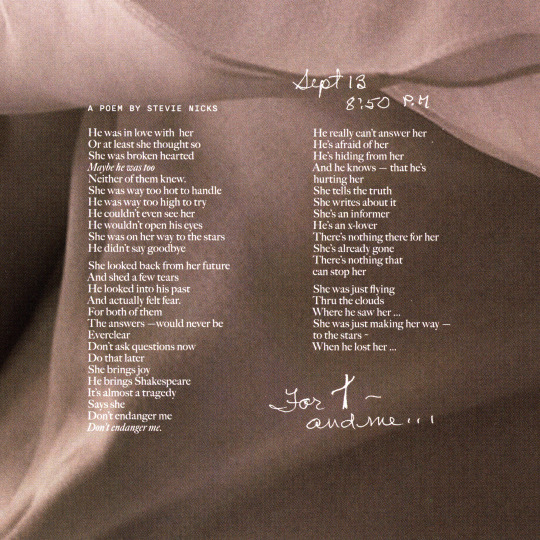

FROM THE DESK OF TAYLOR SWIFT Chairman, The Tortured Poets Department (2006-2024)
#taylor swift#ttpd#sorry this is so long...she just HAS TOO MANY DAMN ALBUMS#i had to update my old prologue post from 2018#also YES i needed to include the rep poems#really wanna find all the parallels but that's a job for another day#mine
1K notes
·
View notes
Text
I had a TERRIFYING nightmare last night about being under assault from some kind of Creature and thought my sleep paralysis was back, but it turned out it was just Iggy walking across me in my sleep
#backstory: used to get it every night at my old job#'waking up' from one hag-riding dream into another and another#i much prefer my current creature :)
417 notes
·
View notes
Text


it’s my birthday and my ex destroyed all my plans so i’m throwing myself a pity party and you’re all invited
928 notes
·
View notes
Text

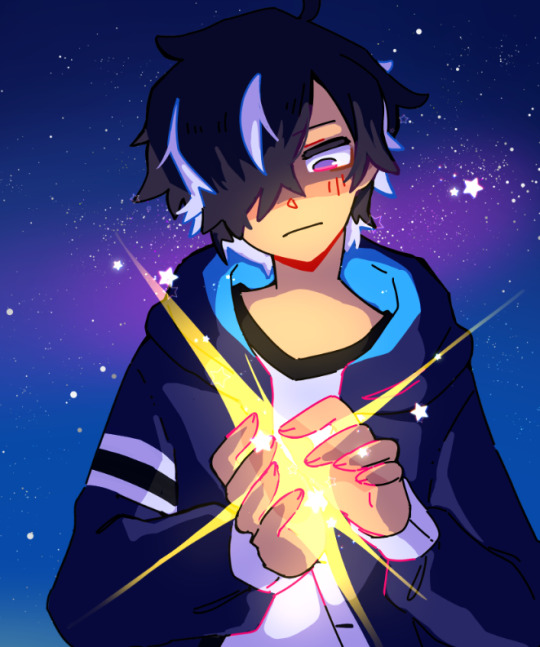
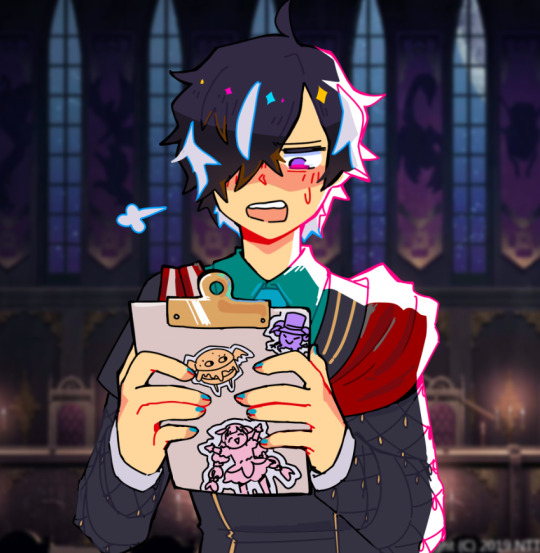

these are kinda old now but some art i did for @belphegorzine !!!
oooo you wanna check out the preorders so bad ooooo
#my art#obey me#obey me art#obey me belphegor#belphegor#zines#its a bit funny that recently i was like hmmm i dont know if im improving much lately....#and then i looked at these which are barely a year old if even that and im like huh!!! i could do so much better now#good job last year starr you did your best... ill take it from here
258 notes
·
View notes
Text

eldest daughter behavior
#he just like me fr#can you tell that I used to be an osomatsu kinnie#osomatsu san is like an old wound I got from the war that’s healed but still acts up during dubious employment periods#yes I am currently job hunting why do you ask#digital art#my art#osomatsu matsuno#osomatsu san#mr osomatsu#actually no I don’t think he deserves the Mr title there’s too much respect behind that#why do I feel like his English name would be some shit like craig#I’ve only ever cosplayed once in my life and it was this fucker#I still have the bowlcut wig buried deep in my desk and it whispers to me like the green goblin mask#also I bought a surprisingly really high quality hoodie cosplay it’s very good for cold winter days#but it has a giant pine logo smack dab in the middle so it’s like wearing a sign that says bullied in highschool in public#who says watching osmtsan doesn’t do any good?#I watched two episodes the other day and immediately went on indeed and applied for another job thanks king 👍#hello to like the ten other matsuno fans still on here#I’m literally neeting it up at home right now#my friend says I’m doing better than them cuz I got my degree tho so I’m holding on so hard onto that 👊👊👊
99 notes
·
View notes
Text

miss carmichael, i don't think flashing your boss is part of your job description
#pentadraws#art#furry#paradise state#sylvia carmichael#quick drawing took abt 2.5 hours i think???#used an old tamara braun pic from when she was carly as a pose reference for this one#anyways time to get back to my actual job
84 notes
·
View notes
Text
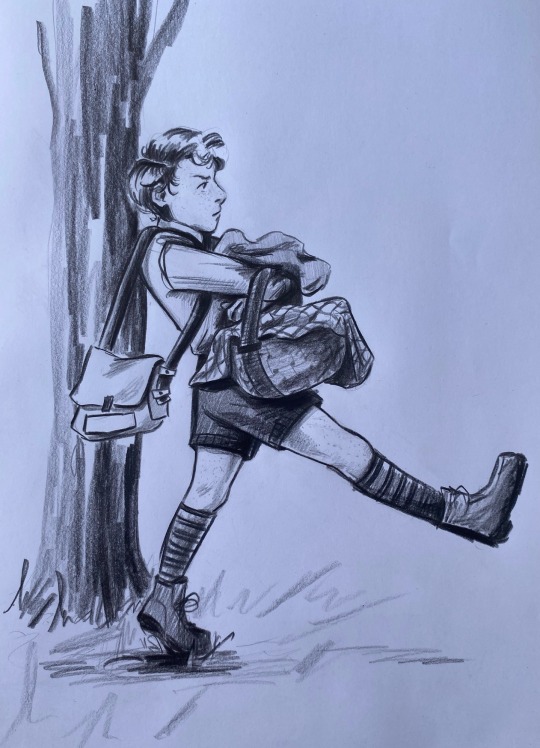
the summer before Hogwarts🫶
in my mind, Sebastian is a huge planner & he always insisted on bringing too much along whenever he and Anne went on adventures. It’s always better to be prepared than to realize you forgot something at home😤
the next drawing will be Anne so you can compare the two😂💓
#I love thinking about their childhood so much🤧#this is a scene from my fic 🥹💓#hogwarts legacy#hogwarts legacy fanart#hphl#sebastian sallow#anne sallow#today I was walking to work and an old woman asked me where the library was and I had time so I walked with her there#I can’t give directions to save my life#turns out we have the same favorite book 🥹#then she told me ‘qué bien te parió tu madre’ jajajajajaja (my mom did a good job giving birth to me)#god I love old women & they give the funniest compliments#anyways hope you’re all having an amazing day too💓
301 notes
·
View notes
Text


Party members and traveling companions!


going back to the inn for some grub
#mii#miitopia#miitopia fanart#miitopia spoilers#miitopia promo miis#gifs#my gifs#my art#wanted to make something small and simple while I'm busy#I also debated whether to add the prince or not and decided that well... he technically does travel with your party and help you fight...#moving on I'm also sad that there's no (confirmed) default Mii for the elf job so I just went with Freddie#mainly because I really like the theory that Freddie is the default elf since she appeared in one of the old 3DS trailers as an npc#and almost all of the 3DS promo Miis reappear in the Switch version albeit with minor changes#I wonder what happened to the princess though... everyone else from the jobs came back but not her
85 notes
·
View notes
Text

Radiant Finale
#Final Fantasy XIV#FFXIV#X'vahl Tia#gposers#that is most definitely *not* Radiant Finale#(it is a *heavily* edited Wide Volley)#I just needed a cool sounding ''title''#and I wanted *something* from BRDs kit.#The whole reason I did this tho is so I can put a different image in my pinned post. :)#because the old one is.......... very old now#and no longer looks good#nor does it do a good job at representing my catte#mans is truly in his element with bow in hand.#that scarf was fighting with me the whole damn time#and it still didn't end up doing what I wanted it to.
107 notes
·
View notes
Text
it's so insane how rick loves morty in his own way but it's so subtle and so so so so much based implicit meanings rather than outright gestures. but it becomes so clear when you view his "expressions" of love in their simplest form.
creating rickbot? rick didn't want morty to be lonely or to worry about him, even when rick himself was upset at morty for "treating" him like he's "boring" during the knights of the sun episode
the fear hole episode at the end? he carries a picture of morty in his wallet. he LIKES being able to see an image of morty whenever he wants. it might even bring him comfort. him putting it on the board was to also show how proud he was of morty, at the end, to the extent that he would willing part with something he obviously LIKES. (tho tbh he prob just grabbed another picture at home and put it in his wallet. it was clearly a school photo and they prob do have multiple of those)
like, this is something that is really coming across more overtly in the later seasons. in the earlier seasons, we saw rick go through cycles of controlling morty and then discarding him when they either got too emotionally close, when morty expressed anger/displeasure with rick, and/or when rick felt like he needed to "punish" morty for either of the two previous things (think the vat of acid or the two crows).
rick's toxic treatment and abuse of morty can be considered him "caring" about morty in his own fucked up way, even though it's not true love and care as it disregards morty's autonomy and feelings. however, for someone like rick to willingly exert control over another person instead of just abandoning them the moment they express something he doesn't like? that's basically him admitting he wants morty in his life.
rick becoming much more soft and caring in his own way in these recent seasons is a very subtle thing - but, it's like, once you see it, then a lot of things start clicking into place in regards to his character development and his relationship with morty.
#rickmorty#rickorty#meta#anyways. can you see the basis for power & control from these ideas?#also i'm putting that fiction writing mfa to good use lmfao#(not that i actually don't put it to use i actually use it for one of my jobs. but this is a much better use of it.)#mutuals stop having lives come post with me on tumblr.edu about an old man fucking his grandson come play dollies with meeeeee
64 notes
·
View notes
Text
Blaming Silco for Felicia’s death imo is more of an underline as to why Vander was a very flawed character/revolutionary leader and not why Silco was inherently evil. Everyone showed up to fight, where it seems like Vander was the sole survivor and everyone else was shot/ran. That is the reality of resistance, you don’t know going in when the switch is going to flip and when shots get fired. Silco didn’t shoot Felicia and Connol. Enforcers did. Vi and Vander both say verbatim that they were killed by enforcers, I know that one scene implies Silco feels guilty and Vander blamed him for escalating by tossing a Molotov cocktail, but I need you all to be so for real with yourselves about how shooting a bridge full of protestors is also an extreme retaliation and sit with why blaming Silco or Vander, and them blaming eachother/themselves, is wrong. Why feeling guilty and personal responsibility for a violent system comfortable with executing civilians in the street cant really rest on either of their shoulders. And that blaming Slco for their deaths is very centrist lib of you and I won’t stand for it.
#perhaps it was the police brutality all along that was evil#not the people rioting for freedom#arcane#silco#vander#Felicia#also this isn’t silco apologist for other things I get he’s a villain later#I’m JUST SAYING#his villain origin story is extremely interesting because lowkey they did a very good job in showing how you end up radicalizing#extremists from both external and internal pressures#I write way too much about this one chipped tooth moron but it is because I find his problems extremely fascinating g#perhaps I have a bit of trauma from being shot at at protests ok#maybe he’s my emotional support psycho#the national guard threatened me at gun point and now I want to shag old violent revolutionaries this is what the left wants#personal
95 notes
·
View notes
Text

still thinking about this shot 🤒
#my feelings go from nostalgia gnawing at my heart like it’s an old chew toy#to GET A JOB! STAY AWAY FROM HER!#kai knowing he and elia are committed to other people but still choosing to push boundaries#sigh. king of dipping into his toxicity and enjoying it#maybe there’s reasoning behind his madness. we shall see#makoa would’ve ran him through the greenhouse window if he overheard this conversation lmfaoooo
162 notes
·
View notes
Text
YOU'RE NOTHING NEXT TO MY PREVIOUS WORK CRUSH BTW
got a work crush. 339391 found dead 38397371718393 injured
9 notes
·
View notes